By Michelle Shireen Muri
![]() Guest Christina Shimizu, a co-founder of Community-Centric Fundraising, briefly explores the relatively recent history of how these systems came to be, why they are built on deep injustices and how philanthropy and nonprofits are actually a political and economic system.
Guest Christina Shimizu, a co-founder of Community-Centric Fundraising, briefly explores the relatively recent history of how these systems came to be, why they are built on deep injustices and how philanthropy and nonprofits are actually a political and economic system.
The invisible disability: How nonprofits fail their employees with mental illness
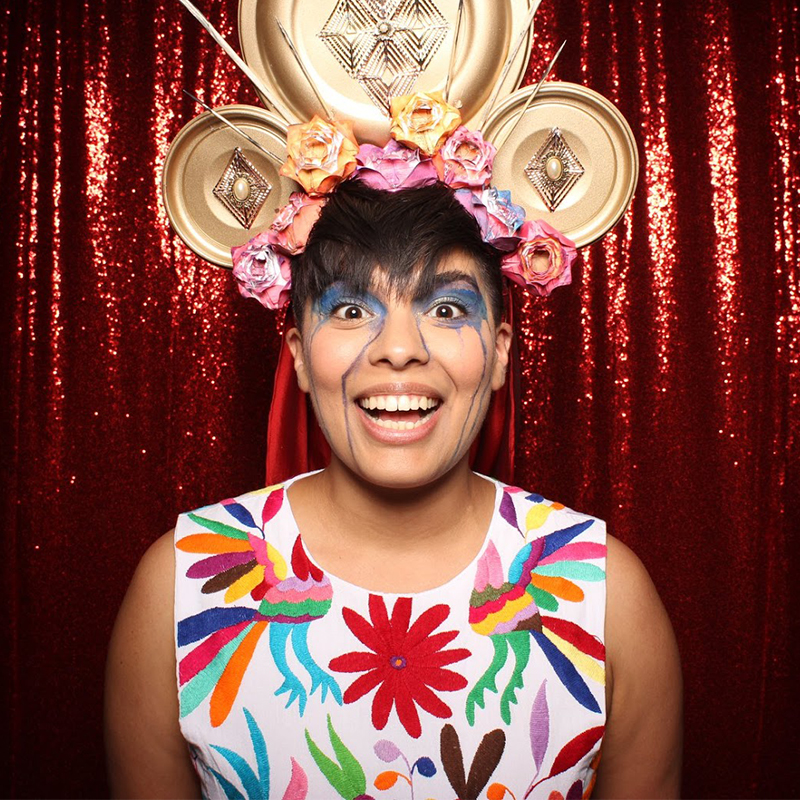 So, I have a mental illness. Like any disability, there is shame and stigma associated with mental illness, and because mental illness is something most individuals generally can’t see, it also comes with much denial.
So, I have a mental illness. Like any disability, there is shame and stigma associated with mental illness, and because mental illness is something most individuals generally can’t see, it also comes with much denial.
Code-switching! For when being your true self impedes that promotion you want!
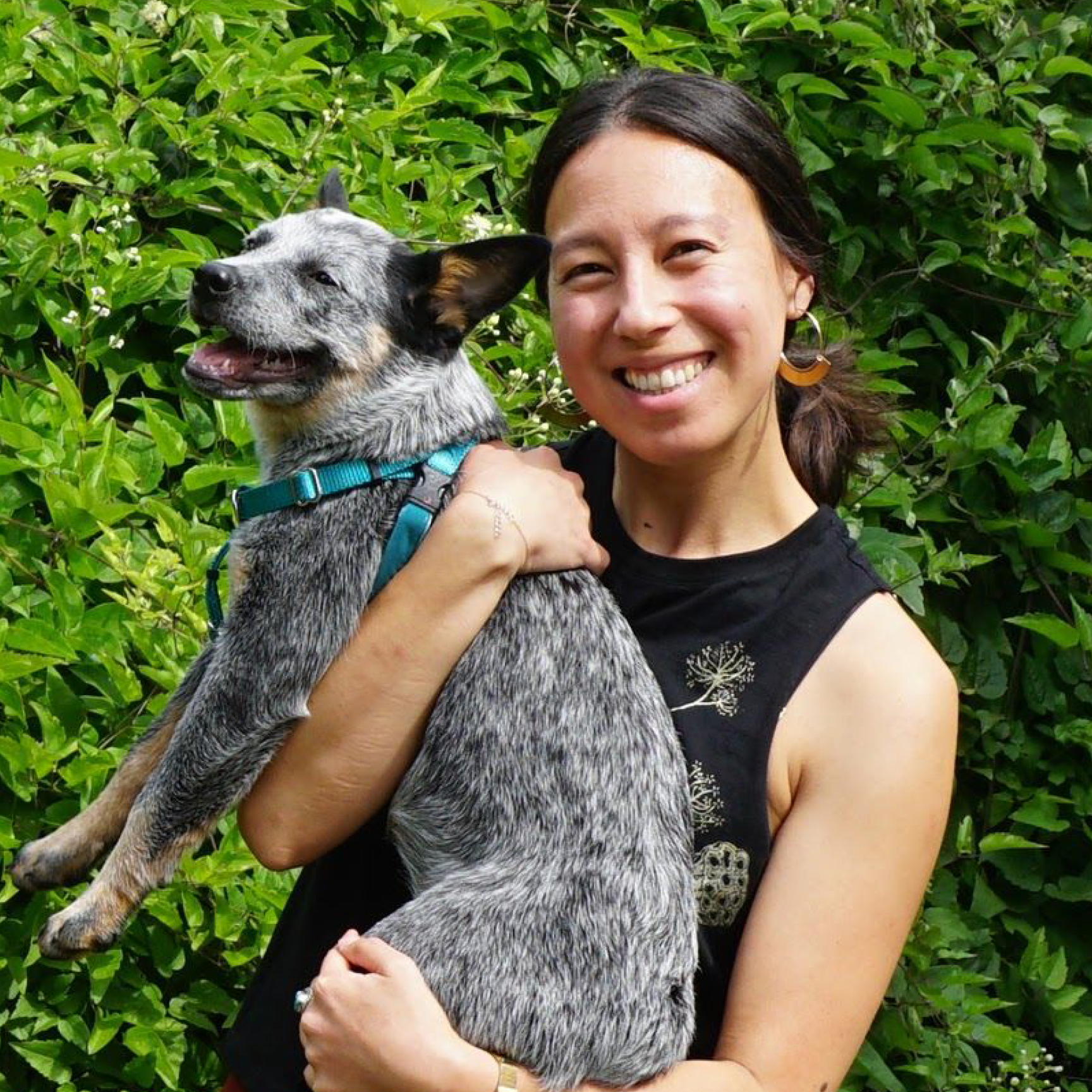 Recently, I had a moment in a team meeting that gave me pause. We were discussing upcoming fundraising efforts and our messaging … a seasoned fundraiser on the team noted that we must absolutely stop using language like “folx” in our fundraising materials because funders do not know what this language means.
Recently, I had a moment in a team meeting that gave me pause. We were discussing upcoming fundraising efforts and our messaging … a seasoned fundraiser on the team noted that we must absolutely stop using language like “folx” in our fundraising materials because funders do not know what this language means.
How green bell peppers will end anti-Blackness. Seriously.
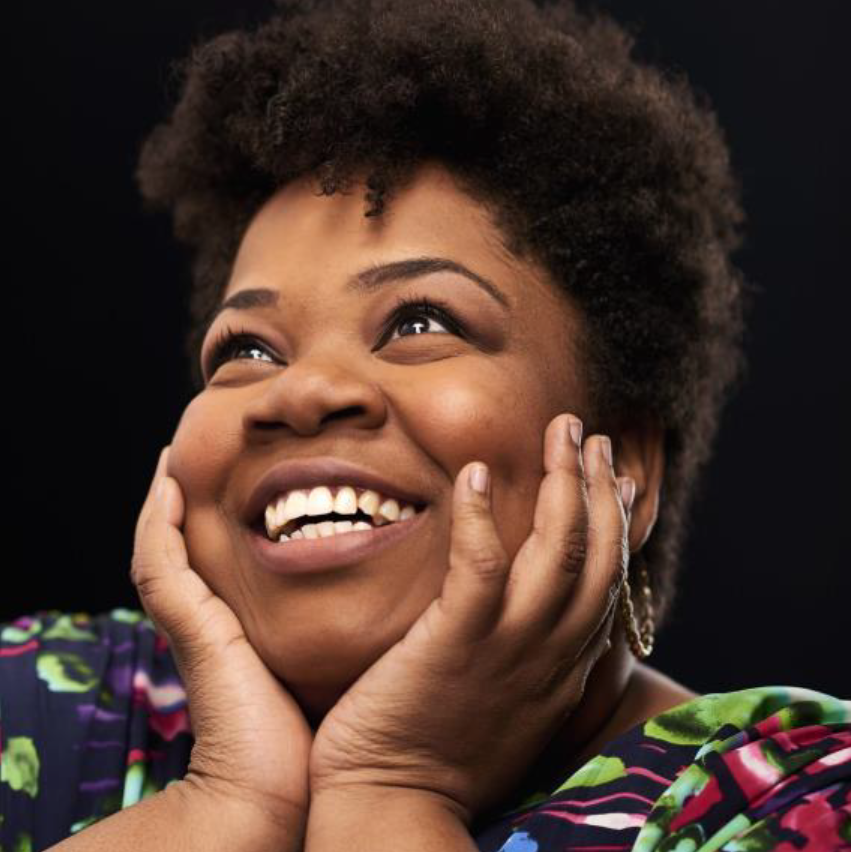 I was born a poor Black child and, according to my mama, “a picky eater.”
I was born a poor Black child and, according to my mama, “a picky eater.”
I loved sweets though, anything with the right amount of high fructose corn syrup really. I was also highly suspicious of any food that even vaguely resembled a vegetable. If it wasn’t smothered in ranch, why would I eat it?
The Ethical Rainmaker: Disrupting your community foundation with Heather Infantry
![]() In this episode, Heather Infantry, a fundraiser, executive director and organizer, tells us the story of how she called out her local community foundation and started a huge transformational shift in her community of Atlanta, Georgia.
In this episode, Heather Infantry, a fundraiser, executive director and organizer, tells us the story of how she called out her local community foundation and started a huge transformational shift in her community of Atlanta, Georgia.
#NonprofitKarens: What they look like and how you can spot one!
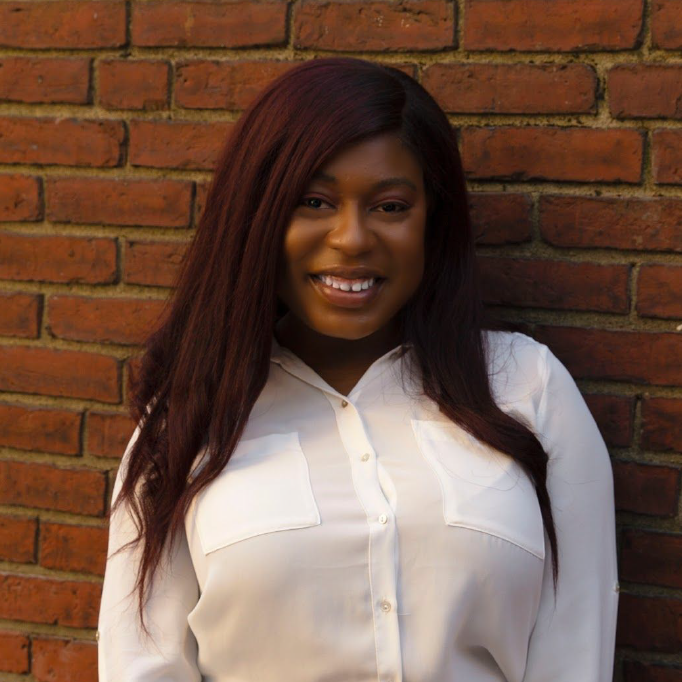 By now, most, if not all of us, are aware of the many Karens of the world. If you are unsure about your neighborhood Karen she is the lady who is the first person to insert herself in a situation that has nothing to do with her. She can be seen calling the manager — (cue the infamous Karen meme). We have seen Karens show up in many spaces and continue to be problematic.
By now, most, if not all of us, are aware of the many Karens of the world. If you are unsure about your neighborhood Karen she is the lady who is the first person to insert herself in a situation that has nothing to do with her. She can be seen calling the manager — (cue the infamous Karen meme). We have seen Karens show up in many spaces and continue to be problematic.
5 reasons your development planning sucks
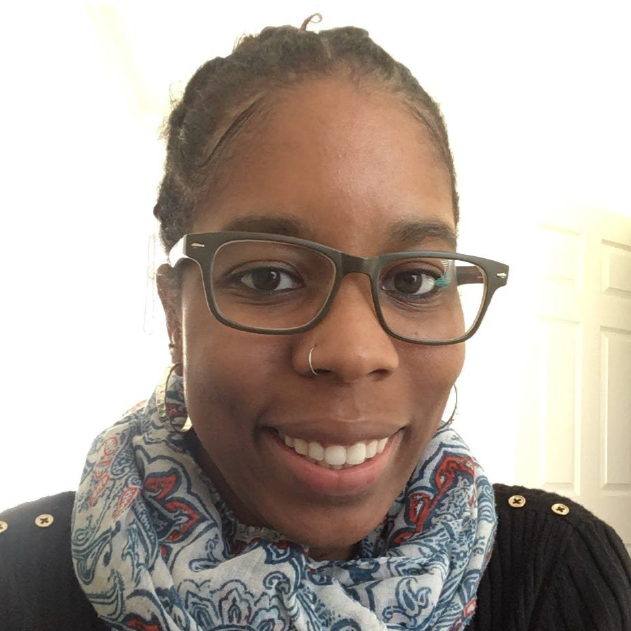 When I first read about community-centric fundraising via Vu Le’s Nonprofit AF blog, a lightbulb went off in my head. Everything that felt icky to me about donor-centric practices was articulated. Once I started seeing more articles like this, I knew I was on the right track with shifting the narrative at my own organizations.
When I first read about community-centric fundraising via Vu Le’s Nonprofit AF blog, a lightbulb went off in my head. Everything that felt icky to me about donor-centric practices was articulated. Once I started seeing more articles like this, I knew I was on the right track with shifting the narrative at my own organizations.
So, why does your development planning suck?
The Ethical Rainmaker: Kink, consent, & centering community with Lateef “L.T.” Taylor
![]() In this episode, we explore the framework of consent, applied beyond the kink world, with kink-trainer and activist L.T. We’ll talk about boundary setting, renegotiation, clear communication, power dynamics in npos and more.
In this episode, we explore the framework of consent, applied beyond the kink world, with kink-trainer and activist L.T. We’ll talk about boundary setting, renegotiation, clear communication, power dynamics in npos and more.
Data Says!: Nonprofit professionals are unhappy with fundraising
 A group of BIPOC* fundraisers and nonprofit professionals began a collaboration to build a movement for racial and economic justice, sharing dreams of a world beyond capitalism and the nonprofit industrial complex. To gauge perceptions of nonprofit fundraising, this group distributed a survey in May 2019. Intended to highlight the thoughts and experiences of fundraisers and presented through a series of infographics, here are some findings from over 2,000 fundraisers and nonprofit professionals surveyed.
A group of BIPOC* fundraisers and nonprofit professionals began a collaboration to build a movement for racial and economic justice, sharing dreams of a world beyond capitalism and the nonprofit industrial complex. To gauge perceptions of nonprofit fundraising, this group distributed a survey in May 2019. Intended to highlight the thoughts and experiences of fundraisers and presented through a series of infographics, here are some findings from over 2,000 fundraisers and nonprofit professionals surveyed.
8 ways to make fundraising more accessible for people with disabilities
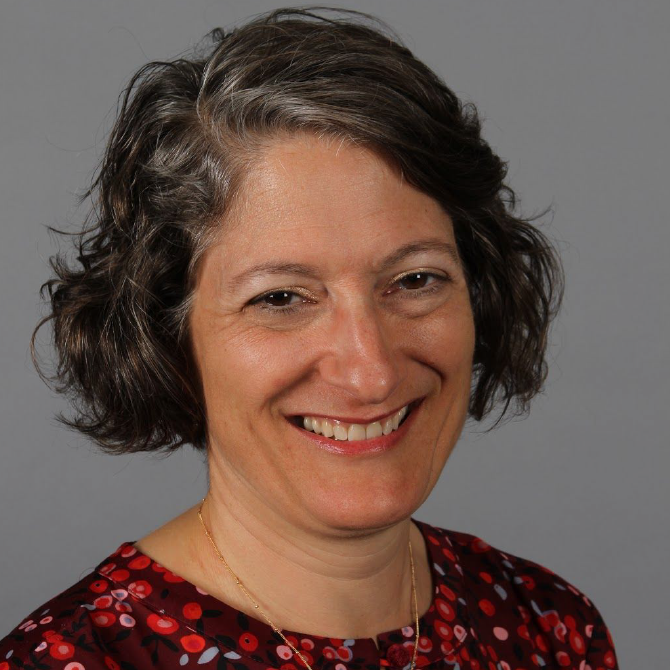 In early 2019, I brought together a group of community members to form the Seattle Cultural Accessibility Consortium, which connects arts and cultural organizations to information and resources to improve accessibility for people of all abilities. We have several workshops per year on accessibility-related topics and help organizations with accessibility planning.
In early 2019, I brought together a group of community members to form the Seattle Cultural Accessibility Consortium, which connects arts and cultural organizations to information and resources to improve accessibility for people of all abilities. We have several workshops per year on accessibility-related topics and help organizations with accessibility planning.
The Ethical Rainmaker: “Tokenism is NOT transformation” with Chuck Warpehoski
![]() From tokenism to using community as unpaid consultants, from structural oppression to…more gatekeeping, and identity-based privilege, former City Councilman turned DEI consultant, Chuck Warpehoski, talks with Michelle about the common and -tired- ways in which institutions perform or attempt to work with the community and common pitfalls.
From tokenism to using community as unpaid consultants, from structural oppression to…more gatekeeping, and identity-based privilege, former City Councilman turned DEI consultant, Chuck Warpehoski, talks with Michelle about the common and -tired- ways in which institutions perform or attempt to work with the community and common pitfalls.
White supremacy culture in professional spaces is toxic — to dismantle it, we must first be willing to name it!
 Now, most workplaces, especially in the nonprofit sector, exhibit and practice white supremacy culture. It is a group of characteristics that, “are used as norms and standards without being pro-actively named or chosen by the group.” Characteristics such as perfectionism, quantity over quality, paternalism, and individualism uphold white supremacy culture in our work environments.
Now, most workplaces, especially in the nonprofit sector, exhibit and practice white supremacy culture. It is a group of characteristics that, “are used as norms and standards without being pro-actively named or chosen by the group.” Characteristics such as perfectionism, quantity over quality, paternalism, and individualism uphold white supremacy culture in our work environments.
